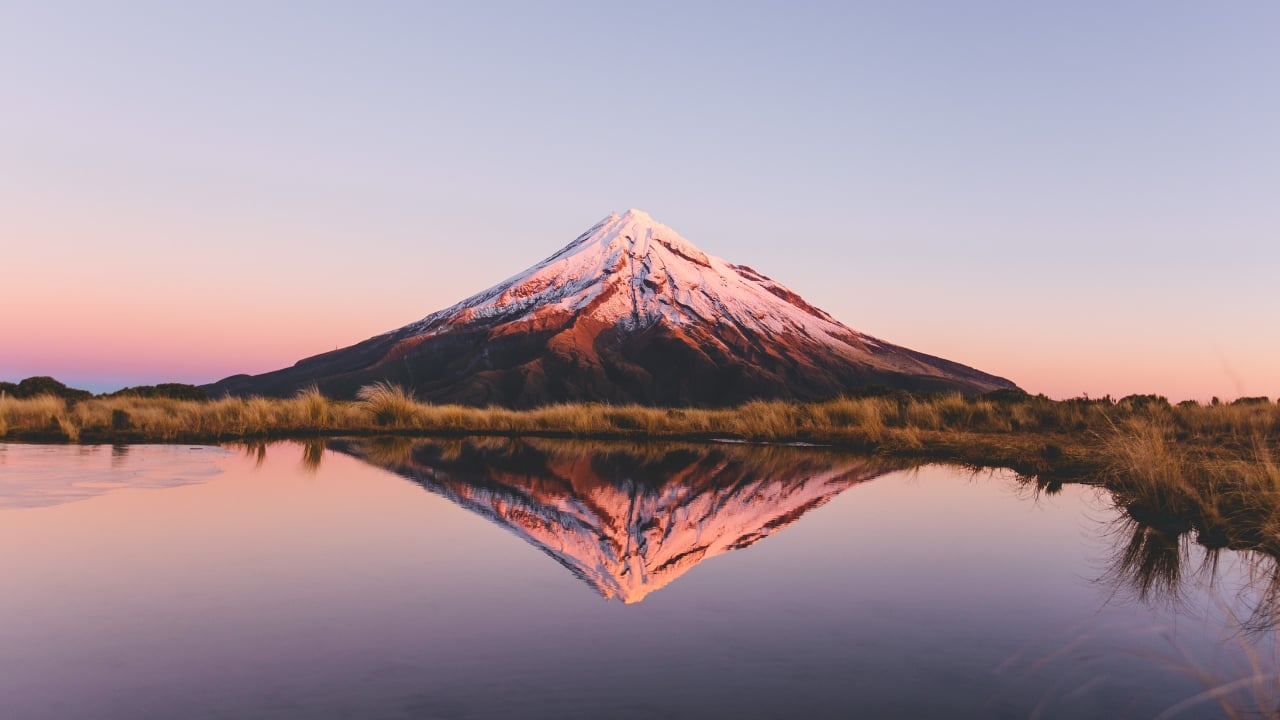



In a groundbreaking move, New Zealand has granted legal personhood to Mount Taranaki, now officially recognized by its Māori name, Taranaki Maunga. This dormant volcano, standing tall at 2,518 meters (8,261 feet) on the North Island, is now legally recognized as a living entity with the rights and responsibilities of a human being. The decision aligns with the Māori worldview, which considers natural features as sacred ancestors and part of a larger ecological system.
A Historic RecognitionTaranaki Maunga is the third natural feature in New Zealand to be granted individual legal status, following the designation of Te Urewera National Park in 2014 and the Whanganui River in 2017. The Taranaki Maunga Collective Redress Bill, passed by New Zealand’s parliament, ensures that the mountain is no longer under government ownership. Instead, it will be co-managed by representatives from local Māori tribes (iwi) and the government, reinforcing Indigenous rights and environmental conservation efforts.
A Step Towards Indigenous JusticeThe legal recognition of Taranaki Maunga is part of an effort to redress historical injustices against the Māori people, particularly the widespread land confiscation during colonization. This move acknowledges the mountain’s significance as an ancestor and reflects the Māori belief that humans, animals, and nature are interconnected within a greater ecosystem.
This initiative is a global model for conservation, ensuring that natural landscapes are protected with deep cultural and spiritual respect.
 Taranaki Maunga is the third natural feature in New Zealand to be granted individual legal status (Image: Canva)What This Means for Travelers
Taranaki Maunga is the third natural feature in New Zealand to be granted individual legal status (Image: Canva)What This Means for TravelersAs one of New Zealand’s most iconic landmarks, Taranaki Maunga attracts thousands of hikers, climbers, and nature enthusiasts every year. The recognition strengthens Indigenous-led conservation practices, which may result in enhanced visitor guidelines and sustainable tourism initiatives. Travelers can expect a more immersive cultural experience, with deeper engagement in Māori traditions and environmental stewardship.
A Global Trend in Environmental PersonhoodNew Zealand’s legal recognition of natural features as persons sets a precedent for conservation worldwide. Similar initiatives have taken place globally, including the recognition of the Ganges and Yamuna rivers in India and the Atrato River in Colombia as legal entities. These landmark decisions emphasize a growing shift towards recognizing nature’s intrinsic rights, ensuring environmental protection and Indigenous cultural preservation.
The legal personhood of Taranaki Maunga is not just a victory for the Māori people but a significant step in global environmental governance. It highlights the importance of Indigenous knowledge in conservation and reinforces the deep spiritual connections between people and nature.
As travelers explore New Zealand’s breathtaking landscapes, they are invited to appreciate the sacred traditions and sustainable practices that safeguard these natural wonders for generations to come.
Discover the latest Business News, Sensex, and Nifty updates. Obtain Personal Finance insights, tax queries, and expert opinions on Moneycontrol or download the Moneycontrol App to stay updated!
Find the best of Al News in one place, specially curated for you every weekend.
Stay on top of the latest tech trends and biggest startup news.